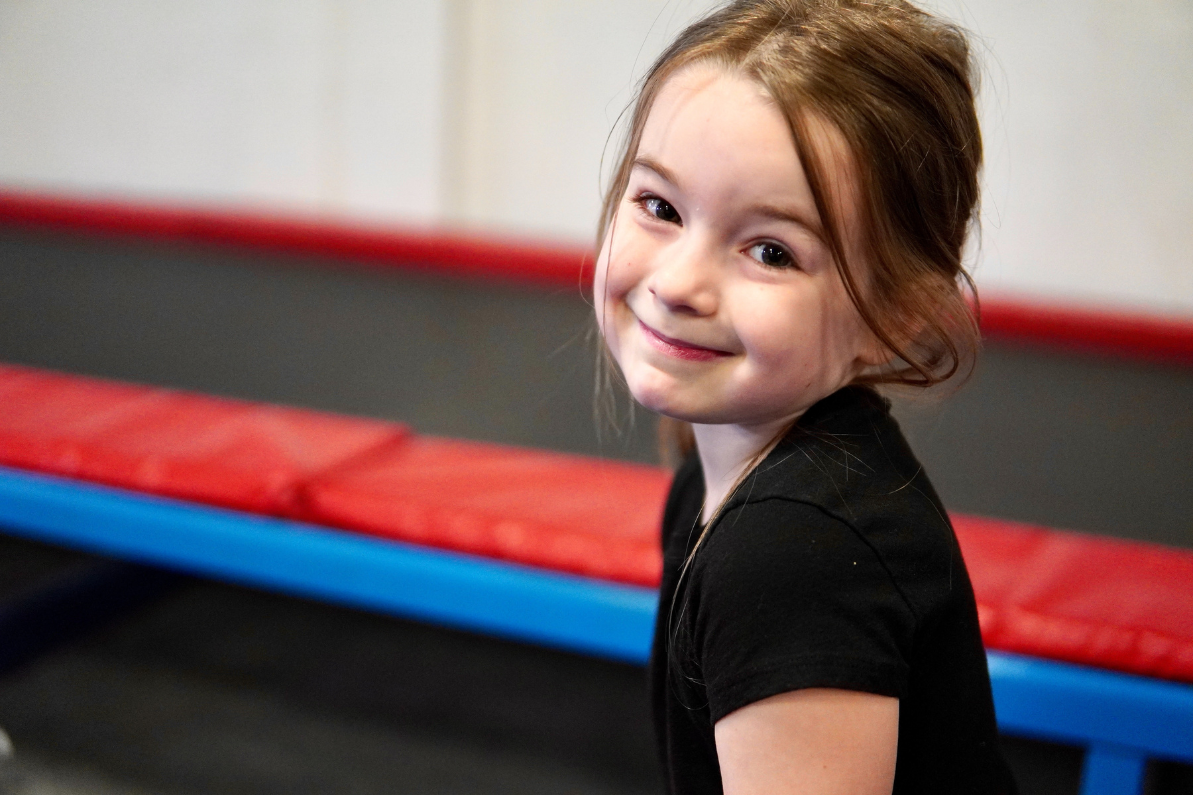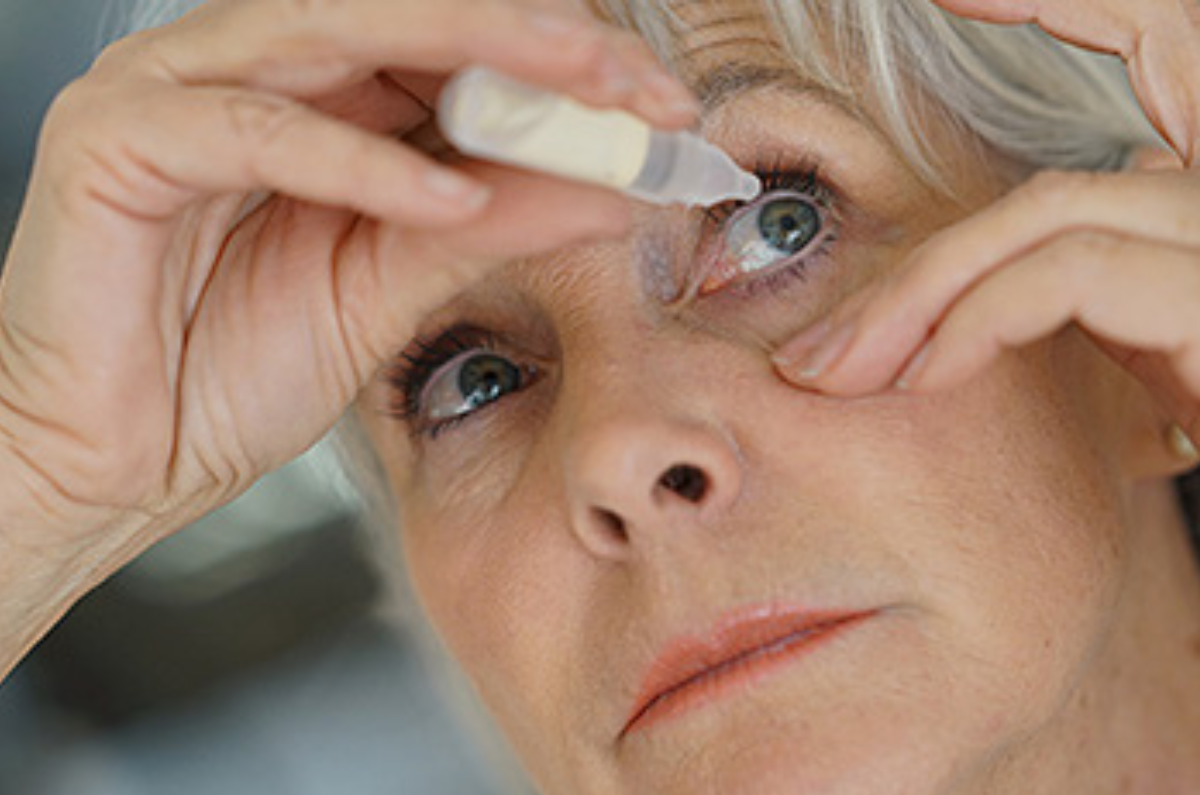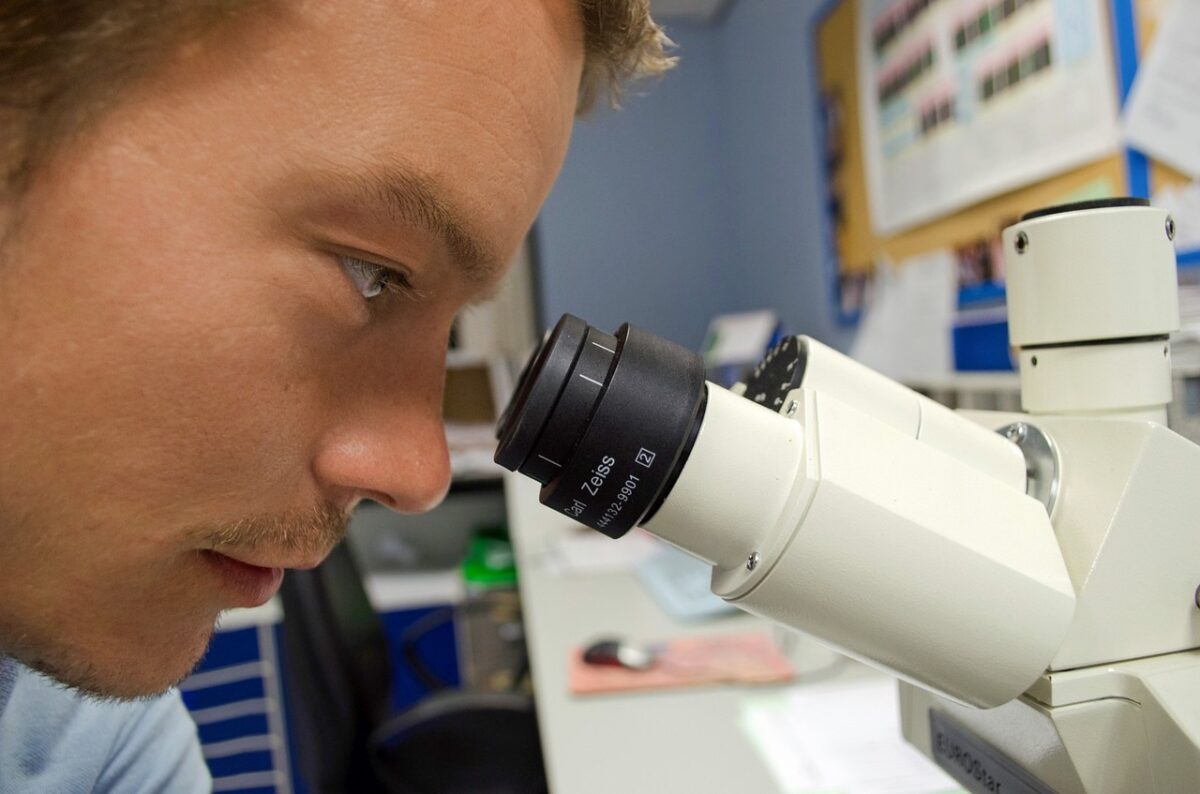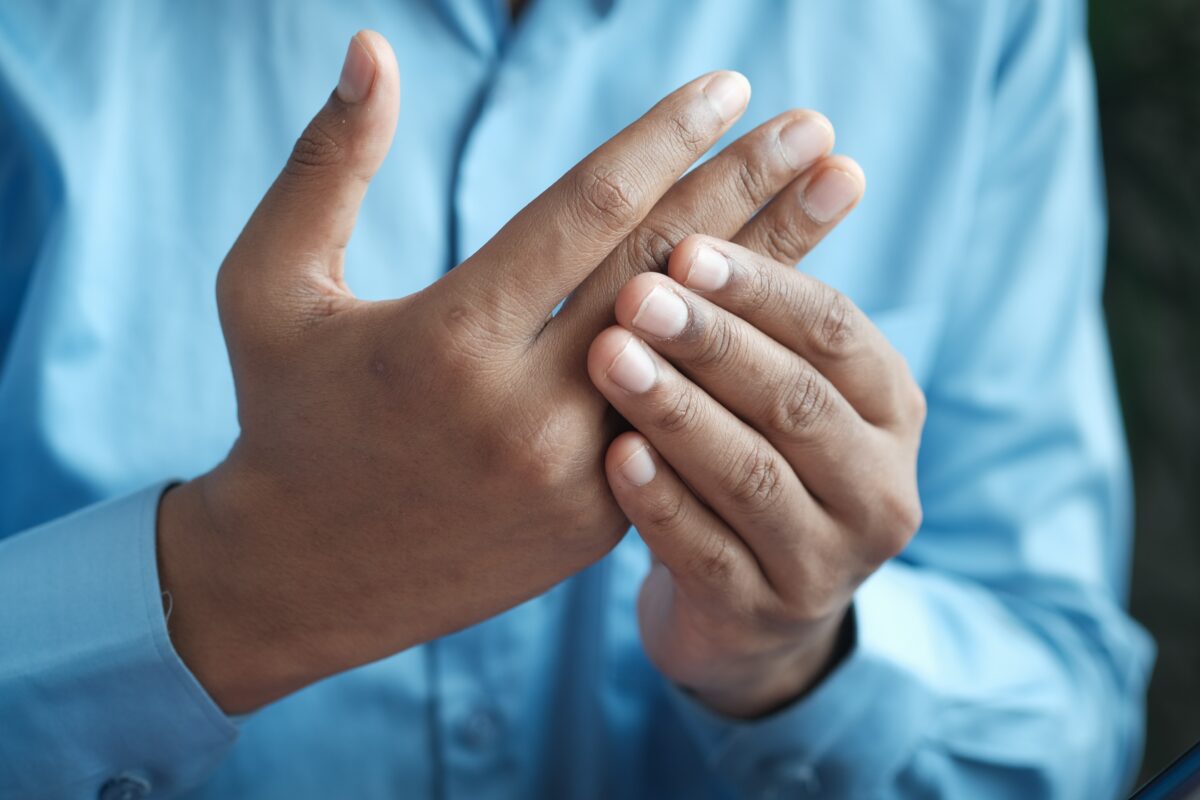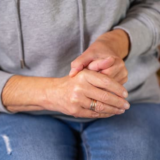This blog was written by Sass, a member of our Teen Talk group.
So. You want to know what life might look like at Uni with a musculoskeletal condition / arthritis? Well, as an individual whose bones/joints/various other systems dislike her, and who has completed her first year of uni, allow me to provide an insight into my experience in the hope it can help you too.
Right. Starting off strong with disability services. You should absolutely get in touch with any disability services on campus ASAP. Do. Not. Wait. They can help you navigate your Uni experience as a person with a chronic condition. I waited too long, and was ✨stressing✨ when in reality I could have fixed that by being on top of getting my accommodations earlier.
Ok, you’ve got your accommodations. What can you expect now?
For me, my hypermobility makes fine motor skills inconveniently painful, and so in line with this (and the general nature of Uni assignments often being digital) I was able to access my exams and tasks on a purely digital basis unless absolutely necessary. When I couldn’t use tech, I was provided with a student peer who scribed for me, and they were all the most lovely people. I also got extra time, which I rarely used if at all, but it’s good to have that up your sleeve regardless if you might need it.
Uni is also a very social time, and let’s be honest, socialising can be a little draining sometimes (where my introverts at?). The most important thing to remember here is that you should surround yourself with friends who are able to understand that you may require more rest or downtime, and/or that you may need activities to be modified for your enjoyment. Please, please, please, promise me you won’t burn yourself out by not speaking up about your needs. You deserve to be respected in all situations.
Managing the stress of exam season? Been there, and I’ll unfortunately continue to do that for the next two years! How I manage involves reading before bed to ensure I get good sleep, going on gentle walks, basically trying to reduce stress. I drink a lot of tea as well, and have the occasional hot choccie (gotta treat yourself, right?) and this helps me to relax. Also, I’ve been trying to stop myself from comparing my results to others. You are in a race ONLY WITH YOURSELF. Your only opponent is your personal best.
Ok, in summary:
respecting your needs + having reliable friends + not comparing yourself to others + getting accommodations ASAP = good year.
Now, in the words of Ignatius Loyola, go forth and set the world on fire. 🙂
If you’d like to write a blog to share with our community, please contact us
Contact our free national Help Line
If you have questions about managing your pain, your musculoskeletal condition, treatment options, mental health issues, or accessing services be sure to call our nurses. They’re available Monday to Thursday between 9am-5pm on 1800 263 265; email (helpline@msk.org.au) or via Messenger.
More to explore
- MSK Kids
Musculoskeletal Australia supports children and families with juvenile idiopathic arthritis (JIA) and other musculoskeletal conditions. Check out our full range of resources and support services.


